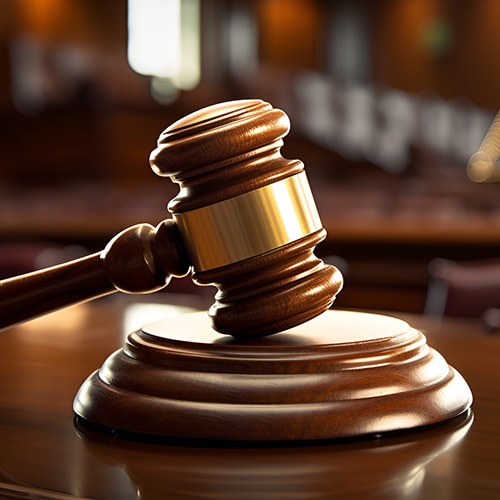Tempering the unfair estate tax

Those who favor the estate tax vacillate between “they can afford it” and “we need the money.”
But for the most part, Americans prefer to call it the “death tax,” and they don’t think it’s right. Yes, the richest among us can afford to pay it, and yes, the U.S. government is getting more desperate for cash with each passing month. But that doesn’t justify every revenue-generating idea that’s out there.
The essential question is, why should a person’s death trigger a payment to the government? We like or accept “sin” taxes on cigarettes and so forth, but this is more akin to a “virtue” tax. Work hard, create jobs, save your money and then we’ll take our cut.
Our focus here is on the privately owned company, which goes on after the owner passes away. The estate tax penalizes that operation. A worthy tax code doesn’t swoop in and strike when a business suffers a setback, so why should it inflict damage at this moment?
True, some heirs might take some of their inheritance out of the business. Then they’ll spend this freed-up cash and pay sales taxes. That ought to satisfy the system.
The recently proposed compromise, however, should keep most people relatively happy.
Setting a $5 million exemption level would let plenty of farmers and small business owners off the hook, and even more could wriggle off, given time to plan.
The Congressional Budget Office reported in 2005 that “in 2000, about 8 percent (or 138) of the estates of farmers who left enough assets to owe estate taxes faced a tax payment that exceeded their liquid assets, compared with about 5 percent of all estates that owed taxes.” And that was when the exemption stood at $650,000.
The recent – and crazy – run-up in farmland prices appears to be driven by non-farming investors. Iowa farmers are more and more likely to rent land rather than own it, blunting the estate tax hit on that essential group.









